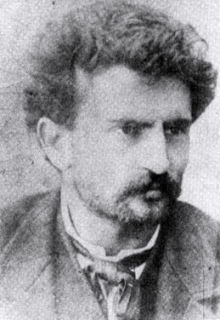A Quote by Aldous Huxley
Every man's memory is his private literature.
Related Quotes
Where no man thinks himself under any obligation to submit to another, and, instead of co-operating in one great scheme, every one hastens through by-paths to private profit, no great change can suddenly be made; nor is superior knowledge of much effect, where every man resolves to use his own eyes and his own judgment, and every one applauds his own dexterity and diligence, in proportion as he becomes rich sooner than his neighbour.
Science is a capital or fund perpetually reinvested; it accumulates, rolls up, is carried forward by every new man. Every man of science has all the science before him to go upon, to set himself up in business with. What an enormous sum Darwin availed himself of and reinvested! Not so in literature; to every poet, to every artist, it is still the first day of creation, so far as the essentials of his task are concerned. Literature is not so much a fund to be reinvested as it is a crop to be ever new-grown.
My father was famous for his photographic memory. He was in the OSS. They trained him to be captured on purpose and to read upside down and backwards and commit to memory every document in Germany he saw as he was being interrogated - every schedule on every wall. So, that photographic memory somehow made its way to me when I was young.
Anarchism is the abolition of exploitation and oppression of man by man, that is, the abolition of private property and government; Anarchism is the destruction of misery, of superstitions, of hatred. Therefore, every blow given to the institutions of private property and to the government, every exaltation of the conscience of man, every disruption of the present conditions, every lie unmasked, every part of human activity taken away from the control of the authorities, every augmentation of the spirit of solidarity and initiative, is a step towards Anarchism.
By Liberty I understand the Power which every Man has over his own Actions, and his Right to enjoy the Fruits of his Labour, Art, and Industry, as far as by it he hurts not the Society, or any Members of it, by taking from any Member, or by hindering him from enjoying what he himself enjoys. The Fruits of a Man's honest Industry are the just Rewards of it, ascertained to him by natural and eternal Equity, as is his Title to use them in the Manner which he thinks fit: And thus, with the above Limitations, every Man is sole Lord and Arbitrer of his own private Actions and Property.





































